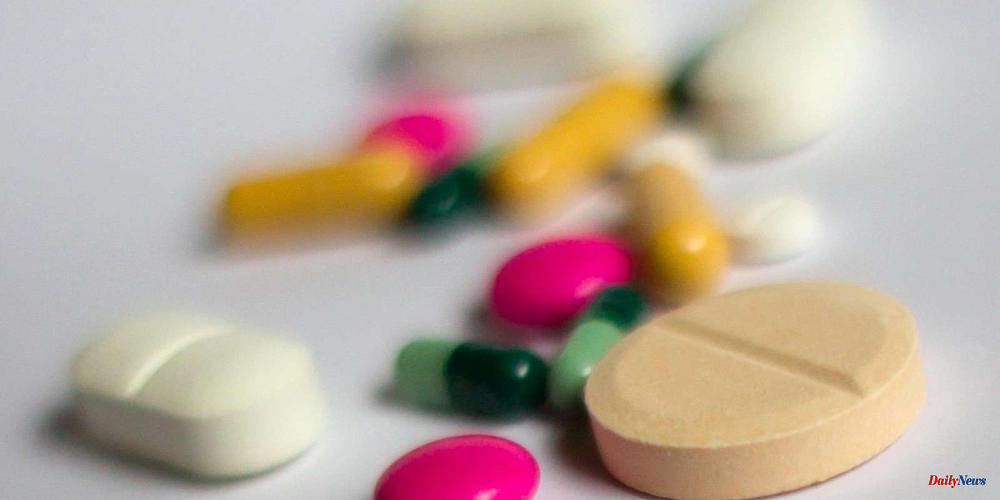This warning sign was revealed Monday by "Figaro", our colleagues on Monday, May 30, 2018. This warning signal was given by our colleagues from "Figaro" on Monday, May 30. In 2018, 212,500 people were admitted to hospital for a medication-related accident. That's compared with 144,000 in 2007. This is a significant increase over the past 10 years. More than 8% hospitalizations today are due to serious adverse drug reactions. Fortunately, tools are already in place to prevent 16% of these incidents.
It is not clear how scientists explain this rise. "This trend has been observed in other countries but we don't have a clear explanation," comments Pr Marie-Laure Leroche, a pharmacologist at the regional centre for pharmacovigilance in Limoges. She was the principal investigator of the Iatrostat research, which was conducted by the network of 31CRPVs and presented to the National Agency for the Safety of Medicines and Health Products on May 18.
Marie-Laure Laroche says that adverse drug reactions are not a cause for increased hospitalizations. The number of accidents rises with age, but it is basically the same as 2007. It is also difficult to identify a drug that is more involved in this increase than another. In the 2007 study, oral anticoagulants (vitamin-K antagonists) were implicated.
New classes of drugs recently marketed and widely used, such as targeted therapies in oncology, new direct oral anticoagulants or incretinomimetic-type antidiabetics (the most recent class on the market) are the cause of adverse effects. Pr Marie-Laure Laroche says that these drugs don't have any adverse effects due to their prescriptions.
The May 18 study however shows that 16% accidents could have been prevented. This is equivalent to 34,000 hospitalizations. It is important to remember that doses, treatment durations and precautions are not always followed. This can lead to preventable accidents. The elderly should be especially careful to follow the recommendations. They must pay particular attention to the effectiveness of each drug added to a prescription. This study is a signal to prescribers and health professionals who follow prescriptions," says Pr Dominique Deplanque (president of the French Society of Pharmacology and Therapeutics) with colleagues from Figaro.
There are a few ways to avoid accidents. It would have sufficed, in fact, to follow the instructions for the use of medicinal products as given by the marketing authorization or the recommendations of learned societies.
You are more at risk for adverse effects from taking more drugs. There is also a higher chance of drug interactions that can lead to serious side effects. Some doctors advocate "drug sobriety" which is why they are open to suggestions. Pr Remy Boussageon is the president of the Scientific Council of the National College of General Practitioners. He reminds us not to prescribe drugs without real benefits.
Sometimes, the prescribing physician is not the only one responsible for medication-related incidents. Patients who "self-medicate" or miss their medication can cause dangerous side effects. Many leaflets are difficult to understand, so the pharmacist is available to translate and popularize them. Pierre Beguerie (president of the Order of Pharmacists' pharmacy holders section) explained that tools are being developed to improve patient monitoring. These include pharmaceutical interviews that provide therapeutic education, notably on anticoagulants; pharmaceutical files that allow all medications purchased by patients to monitored; digital spaces for dialogue and consultation with hospital pharmacists regarding treatments such as anticancer.












